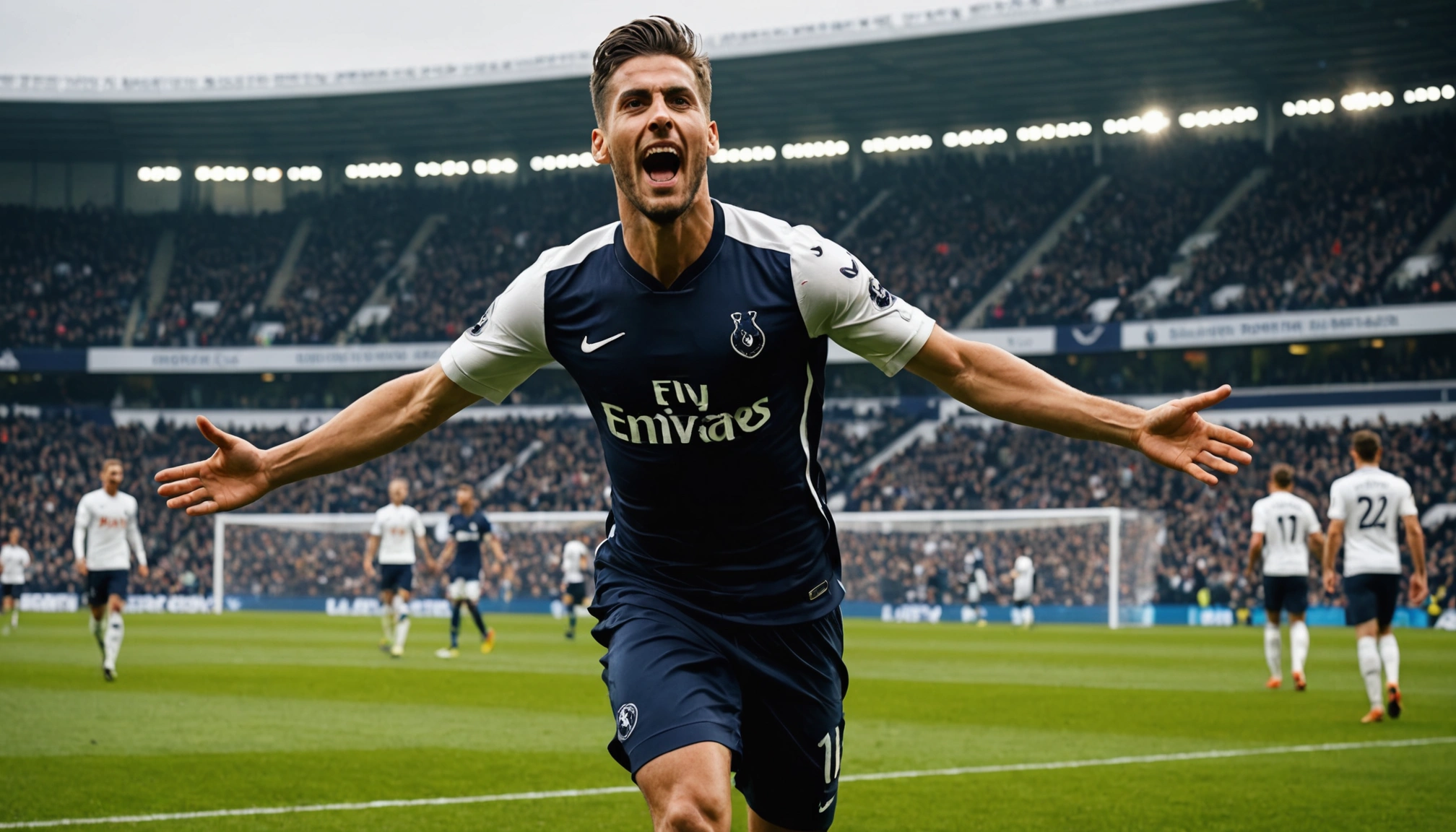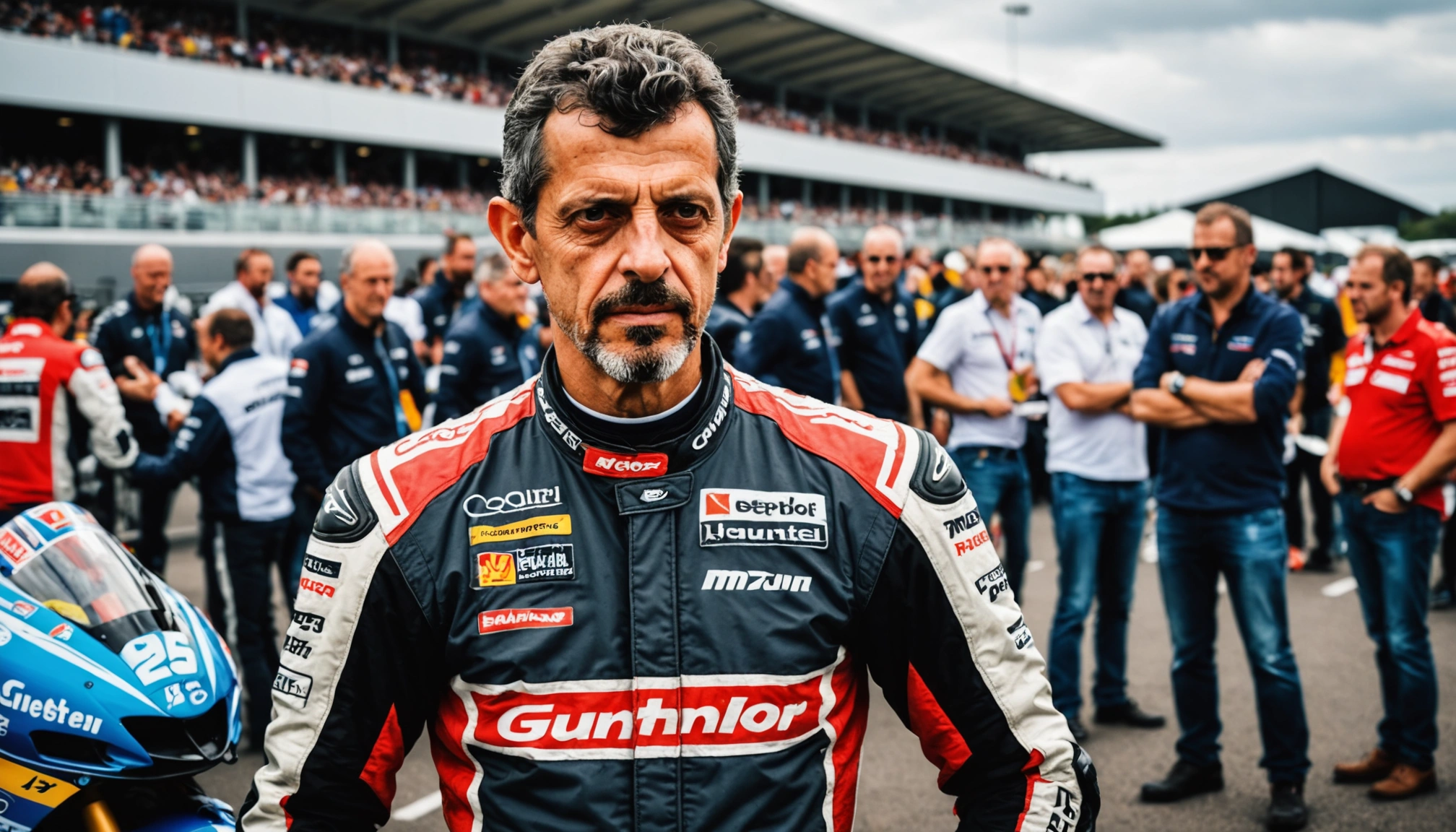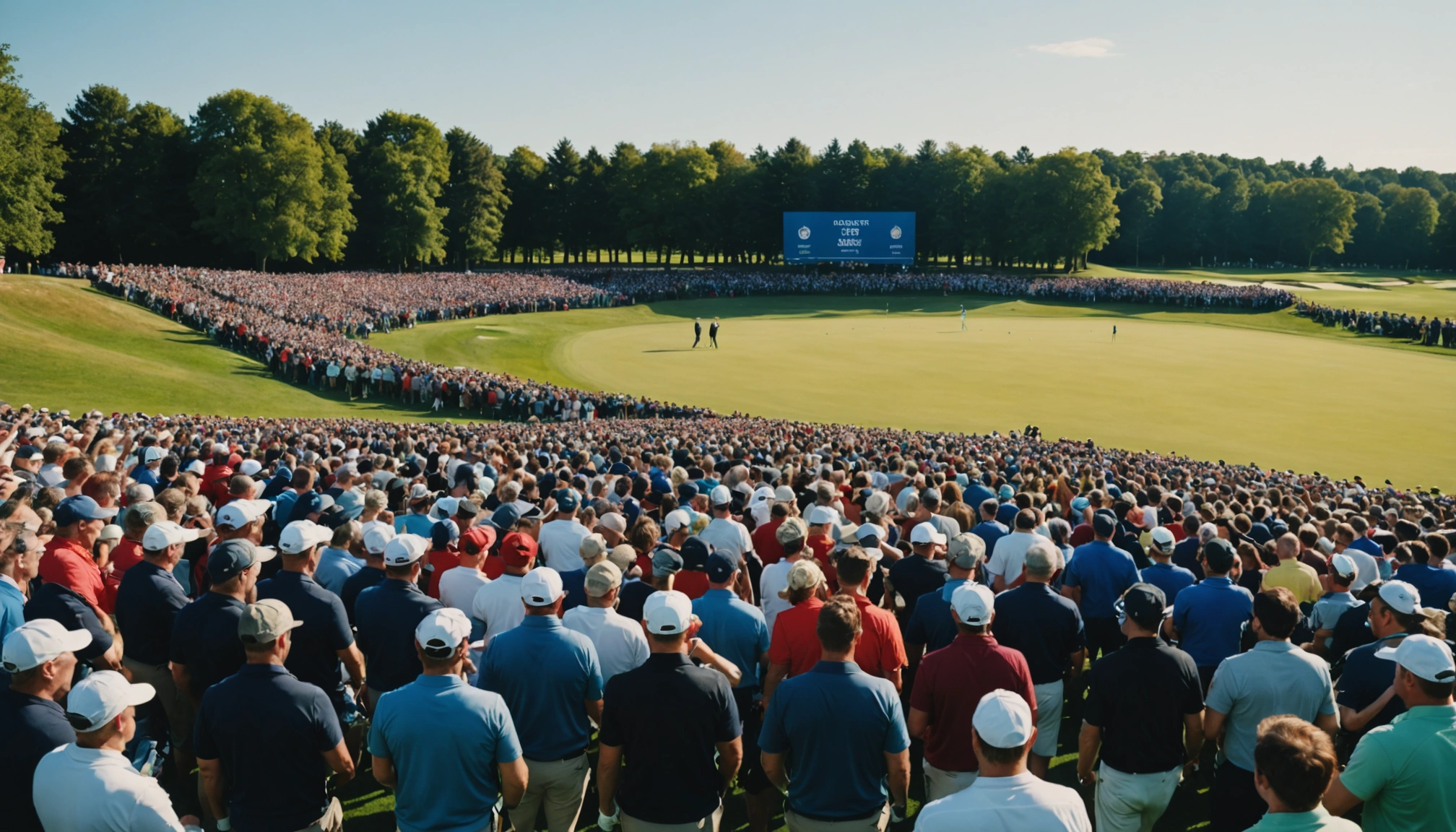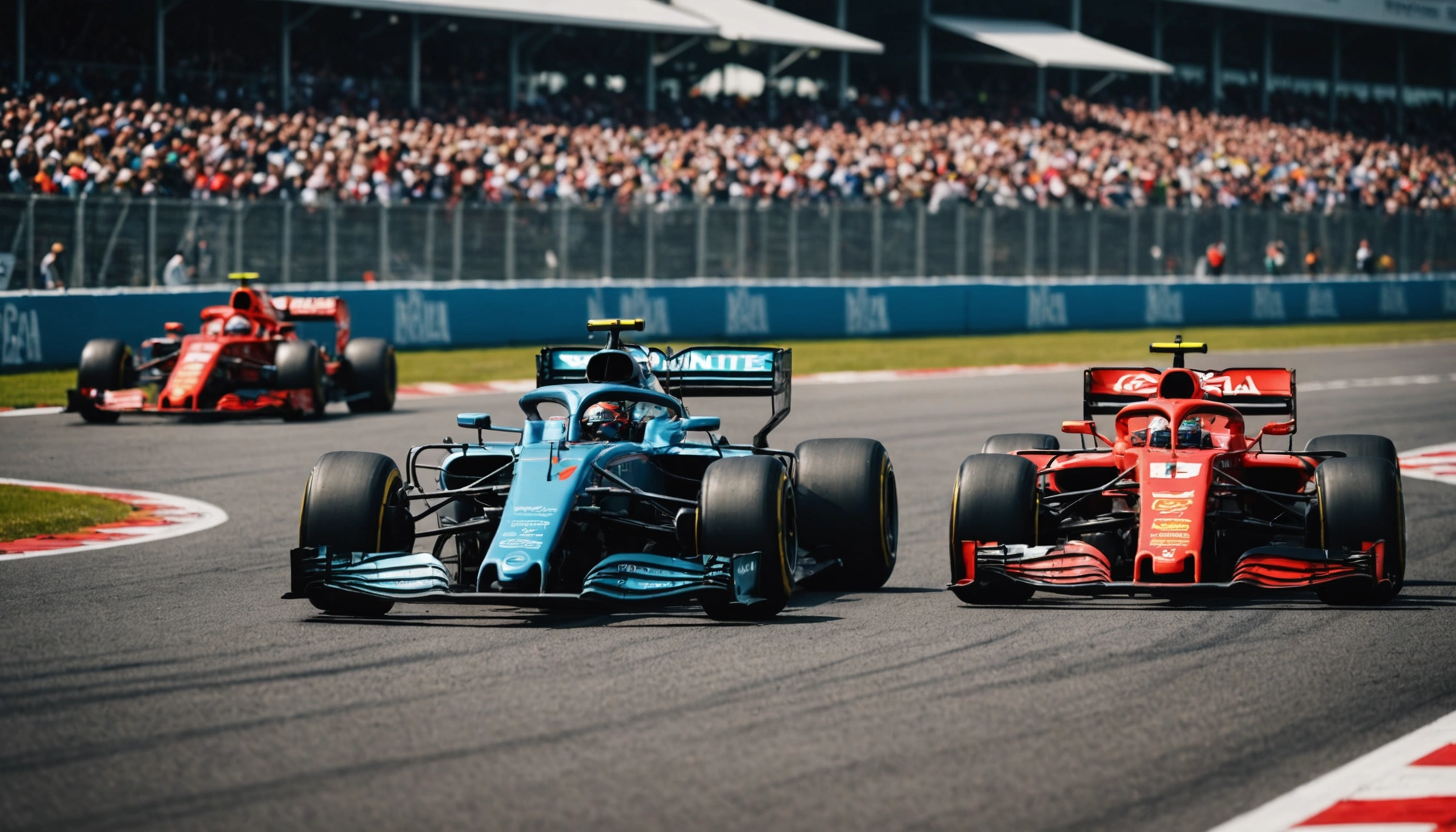Max Verstappen's 2026 GT3 Programme Hinges On F1 Regulation Changes
Max Verstappen's future GT3 racing ambitions in 2026 are closely tied to the complexity of upcoming F1 rules, shaping his motorsport trajectory.
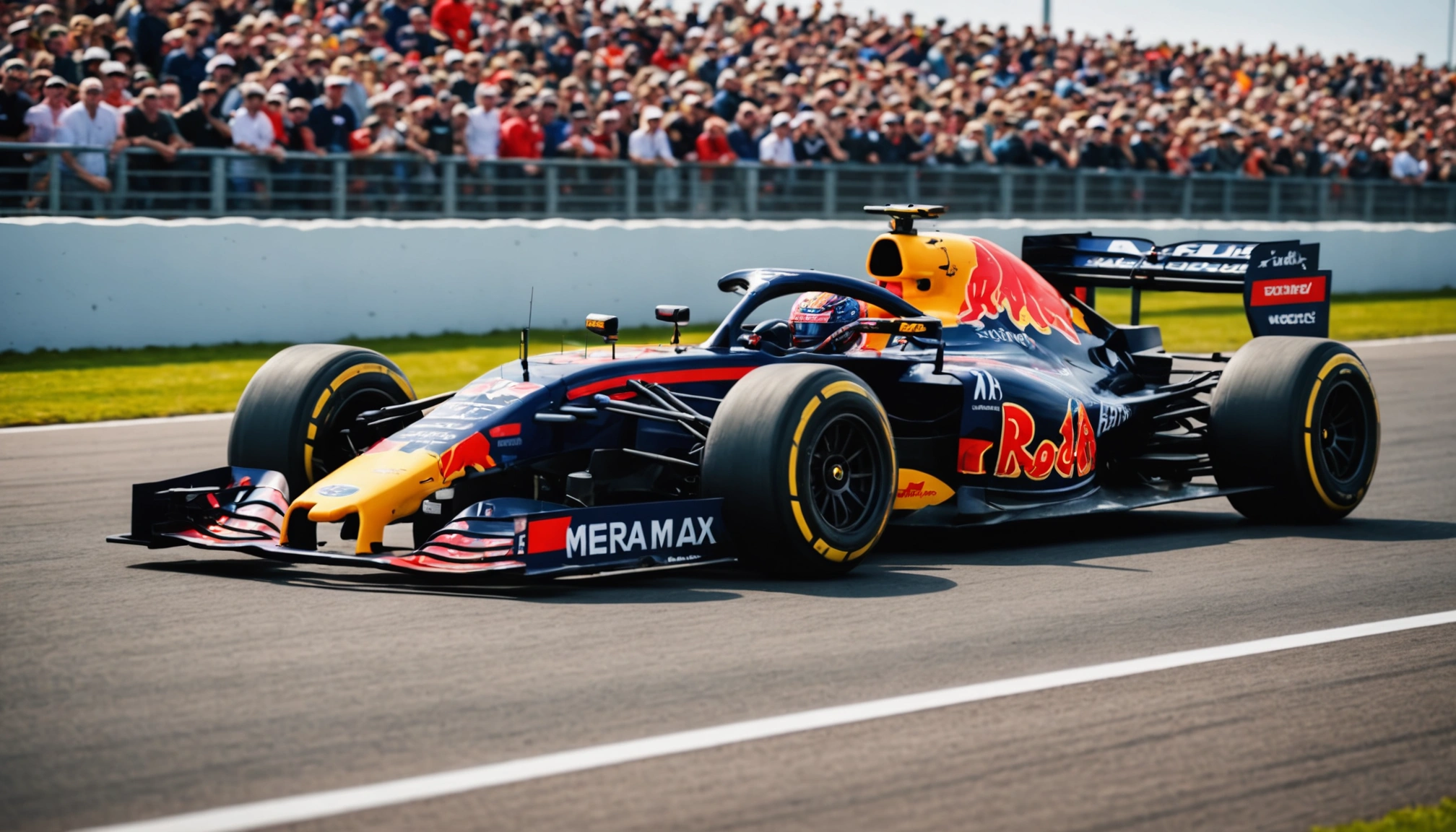
By Editorial
Introduction to Verstappen's 2026 GT3 ambitions
Max Verstappen, a dominant figure in Formula 1, has revealed that his plans to enter the GT3 racing scene in 2026 hinge significantly on the complexity of forthcoming F1 regulations. As fans eagerly watch his career, the transition from single-seaters to GT3 cars marks a significant evolution in his motorsport journey.
How F1 regulations influence Verstappen's racing future
The technical and sporting regulations in Formula 1 are undergoing substantial changes set for 2026. These changes not only affect car design and race strategy but also the workload and priorities of top drivers like Verstappen. The complexity of these regulations could dictate how much time and energy Verstappen can allocate to other racing disciplines, such as GT3.
Why regulation complexity matters
F1's new rules aim to enhance competition but come with intricate technical demands. This complexity can increase preparation time and physical strain, potentially limiting drivers' capacity to compete elsewhere. Verstappen's decision to pursue a GT3 programme will thus depend on whether the 2026 F1 season allows him enough flexibility to commit to both.
The appeal of GT3 racing for Verstappen
GT3 racing represents an exciting and competitive environment, featuring a variety of manufacturers and close racing on circuits familiar to many British motorsport fans. For Verstappen, it offers a fresh challenge outside the high-pressure world of F1 and a chance to showcase his versatility.
GT3 cars, being based on production models, demand different driving techniques compared to Formula 1 cars. This diversity can enhance a driver's skill set and longevity in the sport.
Examples of successful GT3 programmes
Many F1 drivers have transitioned successfully into GT3 and endurance racing, including past champions who found renewed passion and success. British motorsport enthusiasts might recall how drivers like Jenson Button explored GT events, balancing different racing formats effectively.
Potential challenges for Verstappen's GT3 programme
Aside from F1 regulations, logistical and strategic challenges exist for Verstappen's GT3 ambitions. Scheduling conflicts, team commitments, and sponsorship considerations could all impact the feasibility of a dual racing programme.
Moreover, the highly competitive nature of GT3 means Verstappen would need to commit fully to maintain his winning edge, potentially clashing with his F1 responsibilities.
How teams prepare for dual commitments
Successful drivers managing multiple racing commitments often have strong support teams and clear communication channels. Verstappen’s current team and management would need to coordinate closely to ensure his schedule is manageable.
British motorsport context and fan expectations
The UK has a rich history in both F1 and GT racing, with fans passionate about drivers who excel across disciplines. Verstappen's potential move into GT3 would be met with enthusiasm, as it ties in with the British motorsport calendar and circuits like Silverstone and Brands Hatch.
Fans following stories like Pav Singh’s rise in British football appreciate the dedication needed to succeed at multiple levels, a sentiment shared by motorsport supporters.
What this means for the future of motorsport careers
Verstappen’s approach highlights a growing trend where drivers diversify their careers beyond F1. Balancing different racing formats not only prolongs careers but also enriches the sport by fostering cross-disciplinary skills.
Such moves encourage younger drivers to consider broader career paths, potentially influencing the development programmes run by racing academies.
Insights from other sports careers
Similar to how Geraint Thomas transitioned out of competitive cycling while maintaining influence in the sport, Verstappen’s GT3 plans may mark the start of a multi-faceted racing career.
Conclusion: Verstappen's 2026 racing outlook
Max Verstappen’s 2026 GT3 programme remains a tantalising prospect for motorsport fans, dependent on the complexity of F1 regulations that year. If the rules allow, we could witness one of the sport’s biggest stars embracing a new challenge, blending the thrill of GT3 with his F1 dominance.
For those interested in the wider sporting landscape, updates on transfers and career moves can be found in our coverage of the latest football transfers, illustrating how athletes across sports navigate dynamic careers.
Related topics
Editorial
Sports expert at SportsScoop
Specialist in sports analysis and journalism
Related articles
Want to read more?
Explore our comprehensive collection of sports articles and analysis, or contact us for more information.
